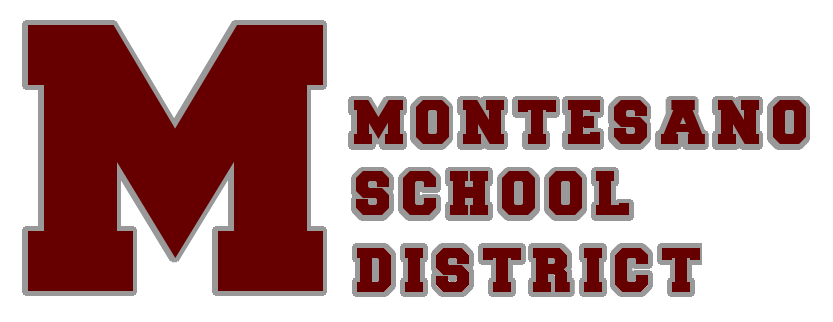TURNING OUT FOR SPORTS
Athletes must have a current physical on file (good for 2 years), all paper work must be completed in Final Forms, and an ASB Card must be purchased before they are eligible to turn out. https://montesano-wa.finalforms.com/
A "Winning" Approach
Parent / Coach Relationship
Both parenting and coaching are extremely difficult vocations. By establishing an understanding of each position, we are better able to accept the actions of the other and provide a greater benefit to student-athletes. As parents, when your student becomes involved in our program, you have the right to understand what expectations are placed on your student athlete. This begins with clear communication from the coach of your student athlete's program.
COMMUNICATIONS YOU SHOULD EXPECT FROM YOUR SON OR DAUGHTER'S COACH
Philosophy of the coach.
Expectations and goals the coach has for student athletes, the team, and the season.
Locations and times of all practices and contests.
Specific team requirements, including special equipment, strength and conditioning programs, weekend activities, etc.
Injury procedures for practices and contests.
Team rules, guidelines, and consequences for infractions.
Lettering criteria.
Team selections process.
COMMUNICATION COACHES EXPECT FROM ATHLETES / PARENTS
Concerns expressed directly to the coach.
Notification of any schedule conflicts in advance.
Notification of illness or injury as soon as possible.
As your student becomes involved in the Montesano School District programs, he or she will experience some of the most rewarding moments of his or her life. It is so important to understand that there also may be times when things do not go the way you and your student athlete wish. At these times, discussion with the coach is encouraged. It is the first and most integral step to understanding and resolution.
There are situations that may require a conference between the coach and player, or coach and parent. These conferences are encouraged. It is important that all parties involved have a clear understanding of the other persons' position. When a conference is necessary, this procedure should be used to help resolve any concerns.
APPROPRIATE CONCERNS TO DISCUSS WITH COACHES
The treatment of your student athlete.
Ways to help your student athlete improve.
Concerns about your student athlete's behavior.
It is very difficult to accept your student athlete not playing as much as you hope. Coaches are professional. They make decisions based on what they believe to be the best for all student-athletes involved. As you have seen from the proceeding list, certain things can be and should be discussed with your student's coach. Other things, such as those listed below, must be left to the discretion of the coach.
Playing time.
Cut process.
Team strategy.
Play calling.
Other student-athletes.
PARENT CODE OF CONDUCT
Make sure your student athlete understands that win or lose, you love him or her.
Be realistic about your student athlete's physical ability.
Help your student athlete set realistic goals.
Emphasize "improved" performance, not winning.
Provide a safe environment for training and competition.
Don't relive your own athletic past through your student athlete.
Control your emotions at games and events.
Be a "cheerleader" for your student athlete and others on the team.
Respect your student athelete's coaches. Communicate with them in a positive way. Encourage others to do the same.
Be a positive role model!
Be sensible, responsible, and keep your priorities in order. There is more at stake than a win or loss record.
